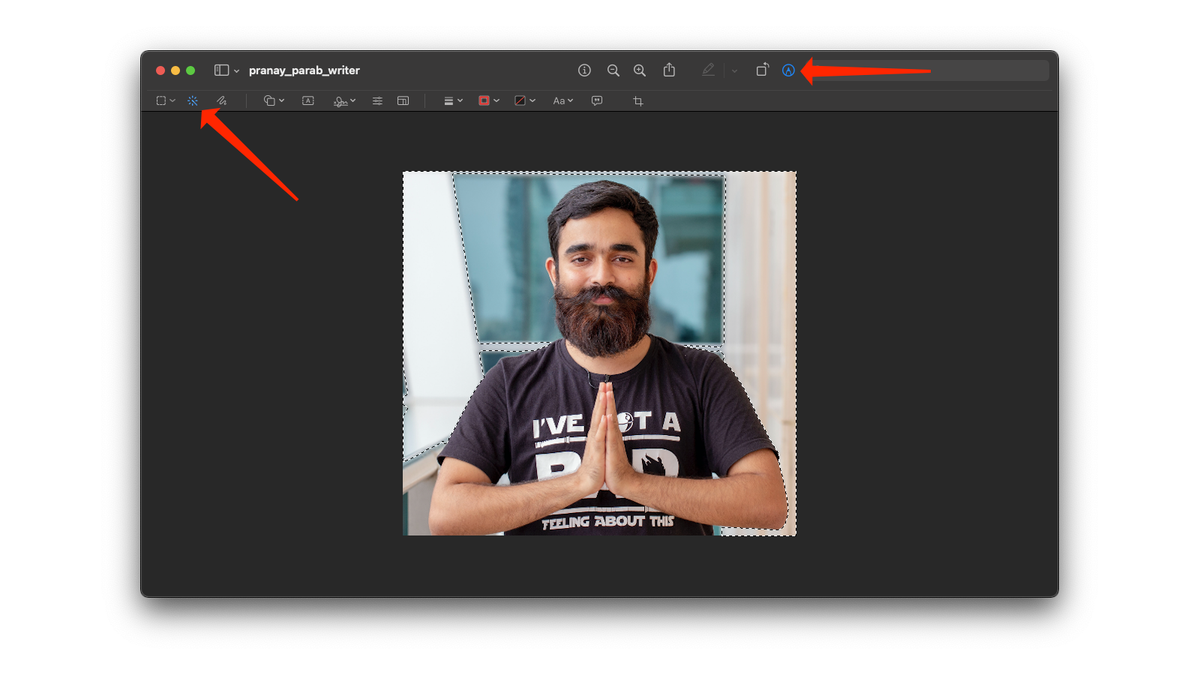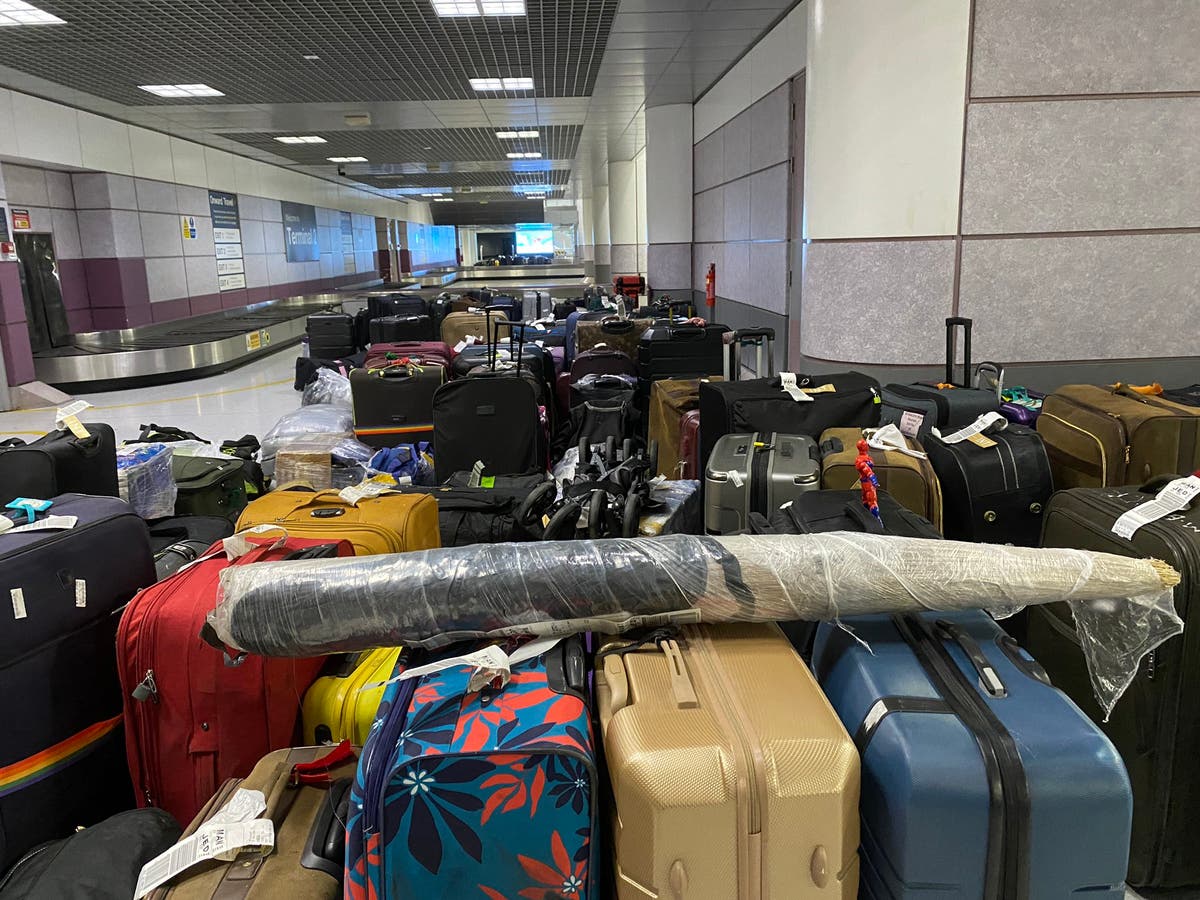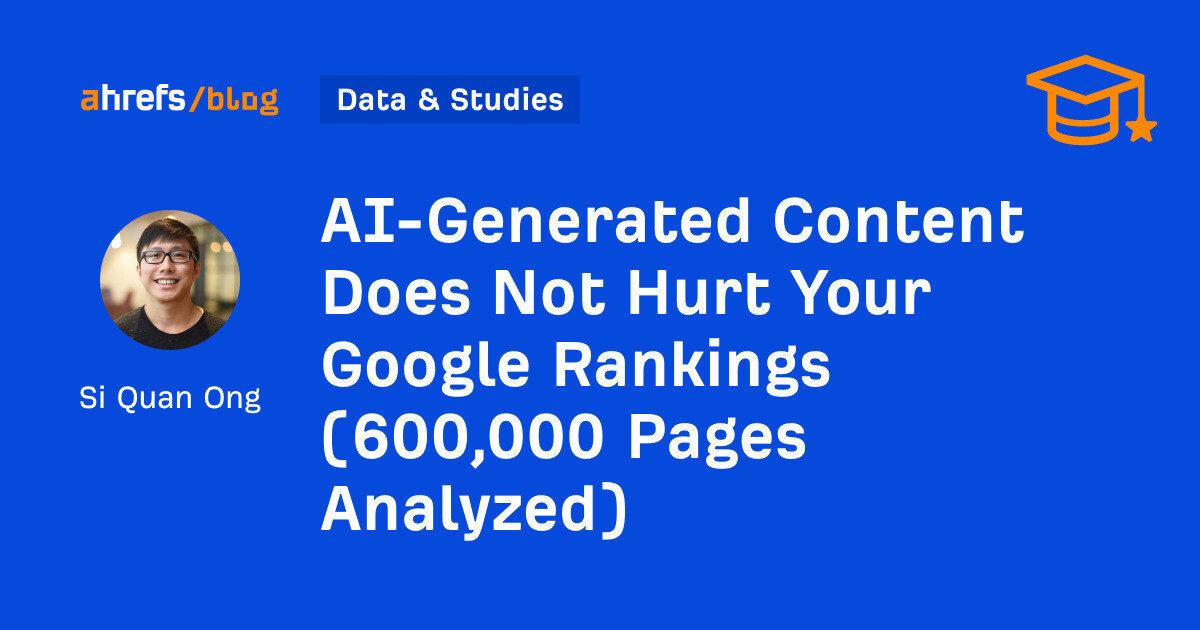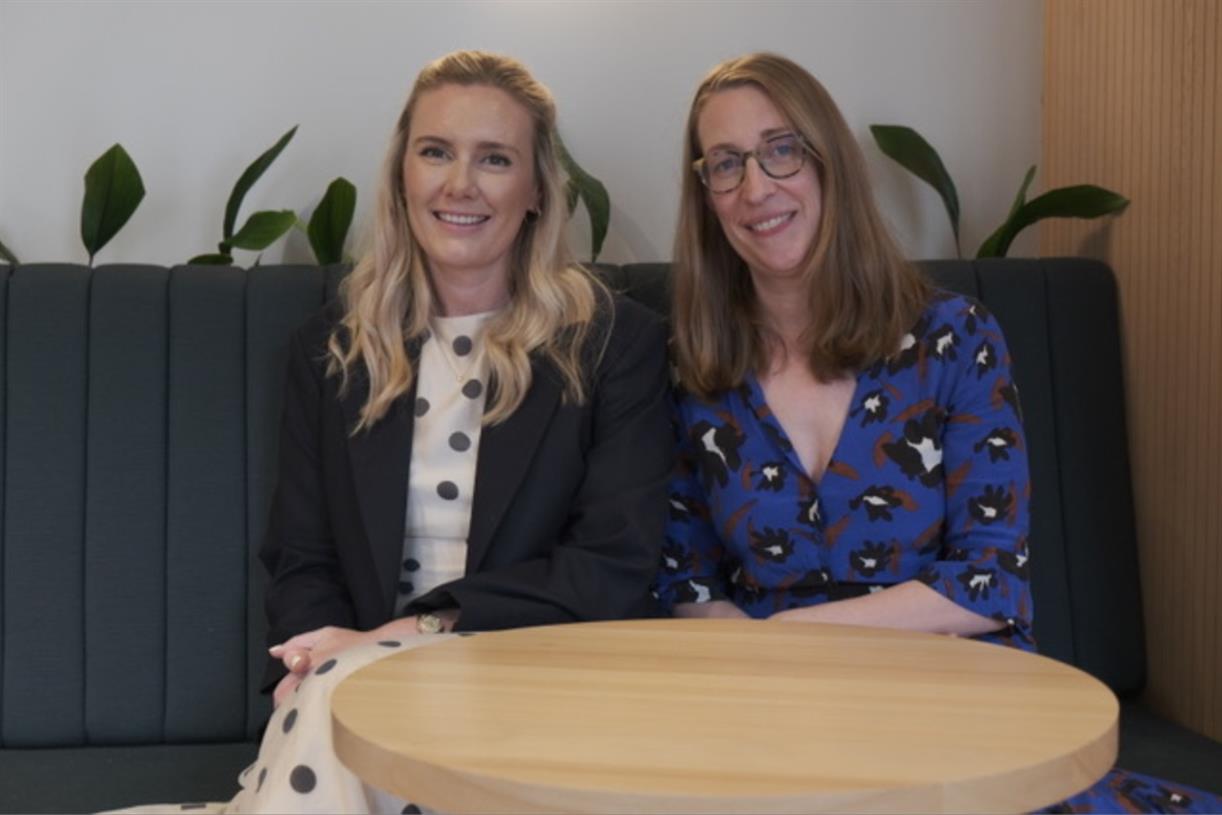S’pore startup Solar AI on how they’re making solar energy simple and cheaper for homeowners
This startup has a mission to make solar simple, and it's using AI to help increase solar adoption in Singapore.

Singapore is a country with limited resources, as we are often told. We import much of the oil and natural gas that we use to fuel our energy consumption, and rely on foreign supplies for food and even water.
This is a problem that, for many of us, perhaps, is something that we cannot contribute to solving. After all, energy generation is one of those things that as individuals, we cannot really do anything about. To get involved requires huge amounts of capital investment into machinery and technology that most of us would not be able to afford.
But this isn’t quite the case for Bolong Chew, founder of Solar AI. Bolong has managed to pair up artificial intelligence (AI) and solar panels to help homeowners in Singapore and not only make a difference for the environment, but also save money in doing so.
Entrepreneurship was not always a clear path for him. Before founding his own startup, Bolong was previously involved in management consulting.
I was inspired by what Elon Musk advocates, which is that if you want to solve the biggest problems, you would have to dissect and target what is at the core first. Consulting is a place that practices this a lot, and at that point of time, that is where I felt I could contribute the most to solving the largest problems in the world.
– Bolong Chew, CEO and founder of Solar AIHowever, with time, Bolong felt that his impact was a lot lower than he wanted, and he finally decided to start up Solar AI.
Solar energy meets AI
Of course, the natural question that one would have about a startup that is combining AI and solar energy is, ‘how can these two be linked?’
After all, they seem to belong in completely separate fields: solar panels are touted as the future of clean energy, while what one thinks of when considering AI would likely be computers or customer service bots.
Yet, herein lies the basis of Solar AI — the company feeds satellite images to its AI platform to identify potential locations for solar panel installations, and partners with solar panel contractors. For each project, these solar contractors pay the company a marketing fee.
 Solar AI’s own AI platform identifies possible placements of solar panels / Image Credit: Solar AI
Solar AI’s own AI platform identifies possible placements of solar panels / Image Credit: Solar AIBut what do consumers get from the deal? If, at the end of the day, all Solar AI does is help contractors generate sales leads, would customers be shortchanged if they engage Solar AI to help them source for solar panel contractors? Would it not be much easier if customers simply sourced for these contractors by themselves?
Contrary to these perceptions, Bolong firmly believes that Solar AI helps consumers as well. In fact, his own experience sourcing for solar panels as a consumer gave him the bright idea to help other consumers.
Fundamentally, our mission is to make it as simple as possible for property owners to adopt solar, through streamlined and digital processes. We started out as a business to do quote comparison services. Through these projects, we have a very good sense of who has the best quality and service.
– Bolong Chew, CEO and founder of Solar AIOn top of this, the partnerships that Solar AI has with contractors means that they also have preferred rate arrangements, and can offer quotes to customers that are significantly lower than those sourced externally.
However, one challenge that they face is in finding the right talents for Solar AI.
“When we started out, we were focused on building computer vision models to help accurately estimate the solar potential and electricity bill savings for properties in Singapore. Competition was really fierce when we started building our computer vision models,” he said.
“Our solution was working with Omdena, an online community of data scientists that specialised in machine learning and engineering. Through the platform, we managed to work with 30 data scientists and machine engineers. Everyone was remote in every part of the world.”
Is solar energy viable in Singapore?
While few would doubt that solar energy has the potential to make a significant environmental impact, the more important question for Singapore is whether solar energy is really that viable in Singapore.
At the end of the day, a tropical climate means that cloud cover is high, limiting the use of solar panels. Furthermore, the majority of us do not have usable roofs for these solar panels since most live in HDB flats.
But for Bolong, these should not be reasons to steer clear of solar energy — the cost of solar energy has decreased significantly in recent years, and while Singapore may have cloud cover, it is also blessed with sunshine all year round, meaning that Singapore still receives a high amount of sunlight.
Therefore, viability is not a problem; trust is.
We started out looking at the market because the technology is really mature and the cost proposition for solar is already super clear, with an 89 per cent fall in cost within the recent years. However, solar adoption is still really low, and I really wanted to try to solve that.
By now, we have spoken with more than 3,000 landed property owners, and the common consensus is that there is a general lack of trust in solar as an alternative energy source in Singapore. This stems from the fact that most customers are first-time buyers, and that rooftop solar systems in Singapore are generally still quite new.
– Bolong Chew, CEO and founder of Solar AIBringing solar to Southeast Asia
While he declined to cite specific figures, Bolong did share that they have signed “more than S$2 million worth of contracts for rooftop solar panels” in the last 12 months.
To Bolong, a key reason why the company is doing well is that it addresses a gap that few others do — the residential segment.
 One of Solar AI’s customers with newly installed solar panels / Image Credit: Solar AI
One of Solar AI’s customers with newly installed solar panels / Image Credit: Solar AIWe see that there is unmet demand because there is a high perceived risk of solar due to maintenance costs amongst consumers. The residential segment is the extreme example of this market, which a lot of large solar companies neglect, and this is why we want to fill in this gap.
– Bolong Chew, CEO and founder of Solar AIThe company has also launched a rent-to-own program, where consumers can pay a small rental fee to have solar panels installed on their property and benefit from cheaper electricity bills and clean energy generation.
Under this program, the company offers consumers the chance to try out their solar panels with no upfront fees, and the panels will belong to the customers after the program ends.
At the same time, Bolong also understands that in Singapore, residents often do not have the power to make alterations to their rooftops by themselves.
As such, the company is planning to expand operations regionally within the next few years, particularly Malaysia and the Philippines.
“The reasons behind expanding to these two countries are that their market sizes are larger in terms of eligible solar properties and rooftop solar capacity,” explained Bolong.
In addition, the company also intends to raise a further US$1.5 million by the end of the year, in order to fuel its expansion and growth.
Often, climate change is seen as something within the domain of ‘high politics’ — something for ministers and members of parliament to deal with, rather than a problem that we as consumers can deal with.
However, Bolong has clearly demonstrated that this is not the case, and has done his part and more in helping to bring solutions closer to consumers.
Featured Image Credit: Solar AI

 Tekef
Tekef 































